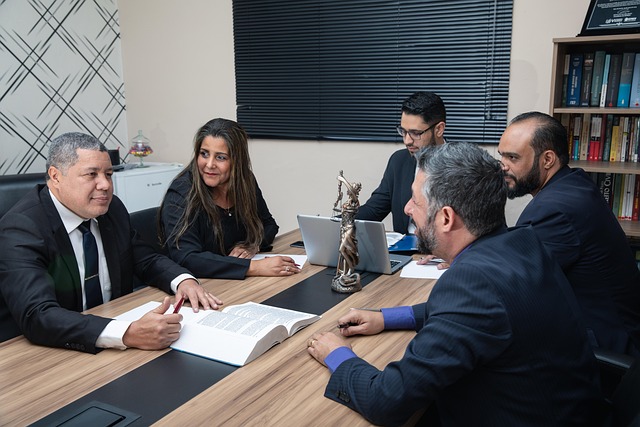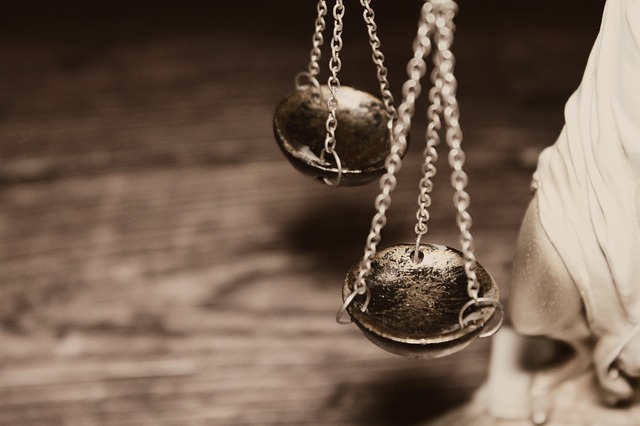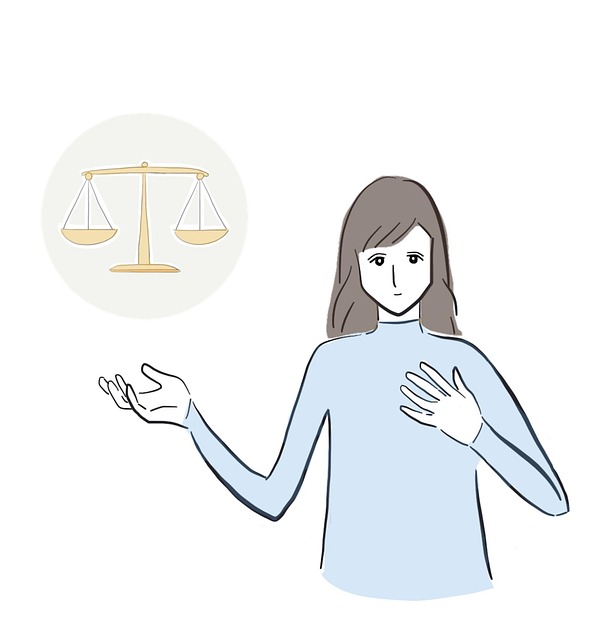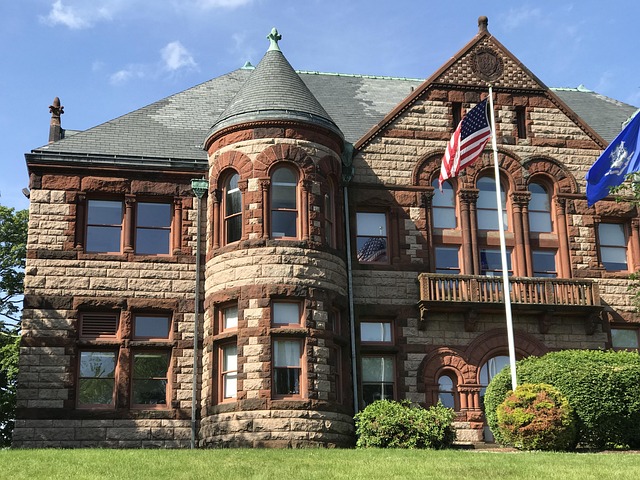Wrongful death beneficiaries face profound emotional trauma, legal complexities, and financial uncertainties after a loss. They can navigate this challenging period by seeking emotional support, understanding their legal rights, and exploring options like lawsuits or insurance claims. Self-care practices, support groups, and professional counseling build resilience to overcome stress and grief. Additionally, specialized attorneys ensure their rights are protected while guiding them towards healing and financial security.
Emotional support is an essential yet often overlooked aspect of navigating a wrongful death. This article explores critical options designed to aid beneficiaries grappling with profound emotional trauma. We delve into understanding the unique challenges they face, highlighting the importance of legal rights and resources in seeking compensation. Furthermore, we provide practical strategies for building resilience and fostering long-term emotional well-being, offering a comprehensive guide for those affected by wrongful death.
- Understanding Emotional Trauma and Support for Wrongful Death Beneficiaries
- Legal Rights and Resources for Seeking Compensation and Support
- Building Resilience and Healing: Strategies for Long-Term Emotional Well-being
Understanding Emotional Trauma and Support for Wrongful Death Beneficiaries

The loss of a loved one due to wrongful death can leave beneficiaries grappling with profound emotional trauma. This process is often exacerbated by the complex legal proceedings and financial uncertainties that come with seeking justice and accident compensation. Wrongful death beneficiaries may experience a range of intense emotions, from grief and anger to confusion and guilt.
These feelings are not merely temporary; they can persist and significantly impact a person’s ability to function in daily life. Therefore, it’s crucial for those affected to access appropriate emotional support. This includes understanding their legal rights and options, such as pursuing claims against negligent parties or seeking breach of fiduciary duty redress if an elder’s rights were abused. Support systems may include counseling services, support groups, and community resources designed to help individuals navigate the aftermath of a wrongful death and find healing.
Legal Rights and Resources for Seeking Compensation and Support

When a wrongful death occurs, those left behind face not only immense emotional pain but also complex legal procedures to seek justice and compensation. Wrongful death beneficiaries have specific legal rights and resources available to them, offering crucial support during this challenging time. Understanding these options is essential for navigating the process effectively.
One of the primary steps is to consult with experienced legal professionals specializing in wrongful death cases. Skilled attorneys can provide guidance on filing a lawsuit against responsible parties, ensuring beneficiaries receive fair compensation for their losses. Additionally, they can assist in exploring various sources of support, such as employment disputes benefits, homeowner insurance claims, or seeking legal representation from organizations dedicated to aiding victims’ families. This process empowers survivors to access the resources they need to begin healing and securing their financial future.
Building Resilience and Healing: Strategies for Long-Term Emotional Well-being

Grief is a complex process, and for wrongful death beneficiaries, it can be an intense journey towards healing. Building resilience is a vital step in this process, as it equips individuals with the strength to navigate the challenges that lie ahead. Strategies for fostering resilience include engaging in self-care practices such as regular exercise, mindfulness meditation, and maintaining a consistent sleep routine. These activities help reduce stress levels, improve mood, and enhance overall emotional well-being—all essential components of the healing process.
Seeking support from peers or professional counselors can also be transformative. Joining support groups or speaking with a personal injury attorney specializing in wrongful death cases can provide a safe space to share experiences and gain insights from others who have faced similar losses. Legal representation in these matters is crucial, as it ensures that beneficiaries’ rights are protected and provides access to resources that can facilitate their long-term emotional healing and financial security.
Wrongful death beneficiaries often face immense emotional trauma, but there are numerous support options available. Understanding their legal rights and exploring resources like counseling services and compensation claims can significantly aid in healing. By implementing strategies for building resilience, these individuals can work towards long-term emotional well-being, ensuring they navigate this difficult journey with the necessary support.






